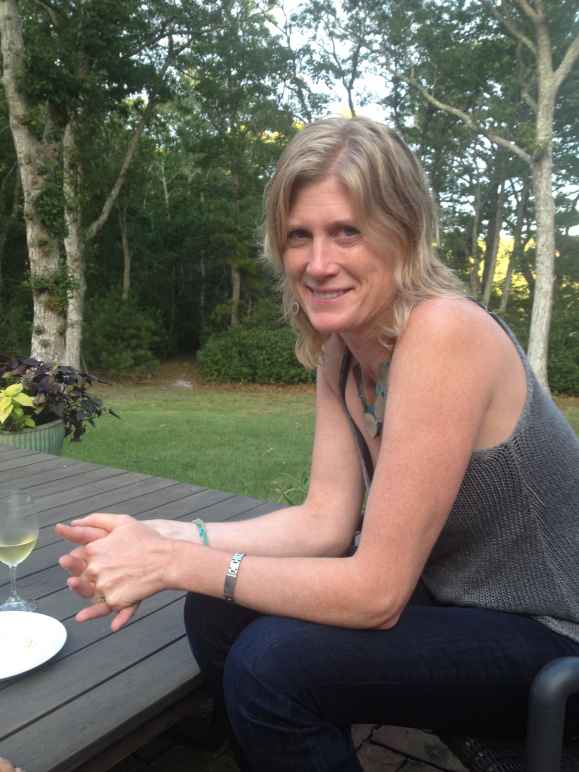This is one in a series of profiles marking the 60th anniversary of the ACLU of Kentucky’s founding. Each week through December 2015 we will highlight the story of one member, client, case, board or staff member that has been an integral part of our organization’s rich history.
Emily Bingham
“We wanted [reproductive freedom] to be something people could talk about more openly, and not feel like it was something you’d talk about under your breath." -Emily Bingham
Emily Bingham moved back to Louisville in 1995 after attending graduate school and getting involved with political work on women’s issues in Chapel Hill, North Carolina. “When I got back, I was pretty dismayed at the legislation that we’d seen passed on reproductive issues in Kentucky,” she said. Bingham quickly decided to join the ACLU-KY board and work for the Reproductive Freedom Project (RFP), which at the time was only a few years old.
Bingham started by joining what she called an “informal, ad hoc RFP committee” and asking other people to follow suit. She and the other committee members made several efforts to revitalize RFP, which was then run by Beth Wilson and several supporters. “That group of women had been doing that work a really long time, since the ’70s pretty much, and I just thought it was really time for some younger women to step forward,” Bingham explained. The new generation of RFP committee members decided to work on things that would complement Wilson’s work, such as fundraising, brainstorming fresh ideas, and lobbying.
“A lot of us were having babies in that time, and were able to emphasize that being an advocate for reproductive freedom justice didn’t have anything to do with having a family,” Bingham said. “We wanted to celebrate the whole thing, and I think that helped when we were lobbying, to have pregnant people coming, and also when we had men involved and lobbying with us.”
Bingham’s group was particularly successful when it came to fundraising, and started RFP’s annual benefit with the goal of expanding the issue’s breadth. “The idea we took was that we wanted to make this not just a women’s event, but we thought it was a family issue and a generational issue with grandparents, parents, and children,” she said. “We were going to try to gather people in that spirit of celebration of reproductive freedom and less in the spirit of ‘Oh God, we’re under attack!’”
